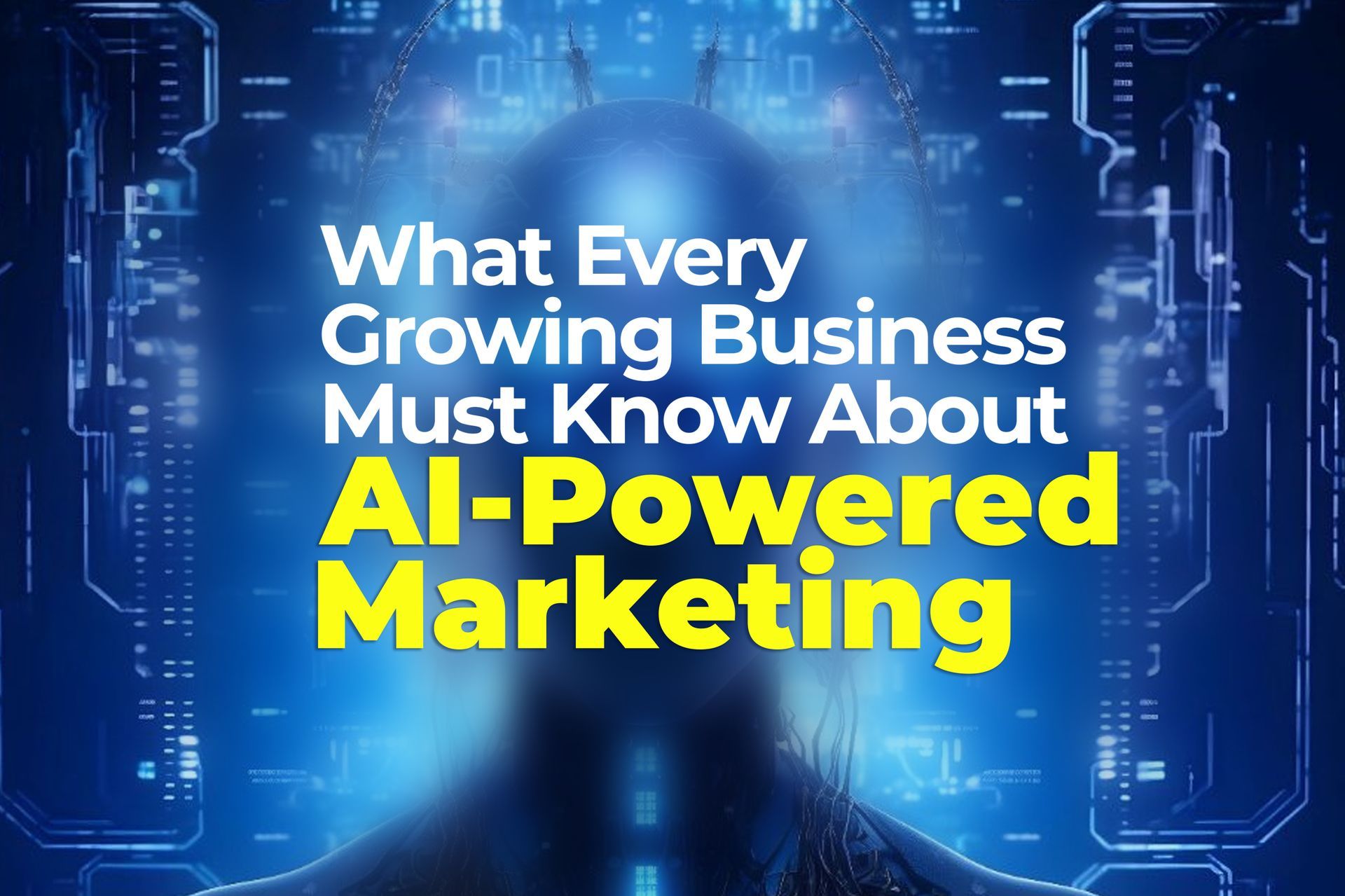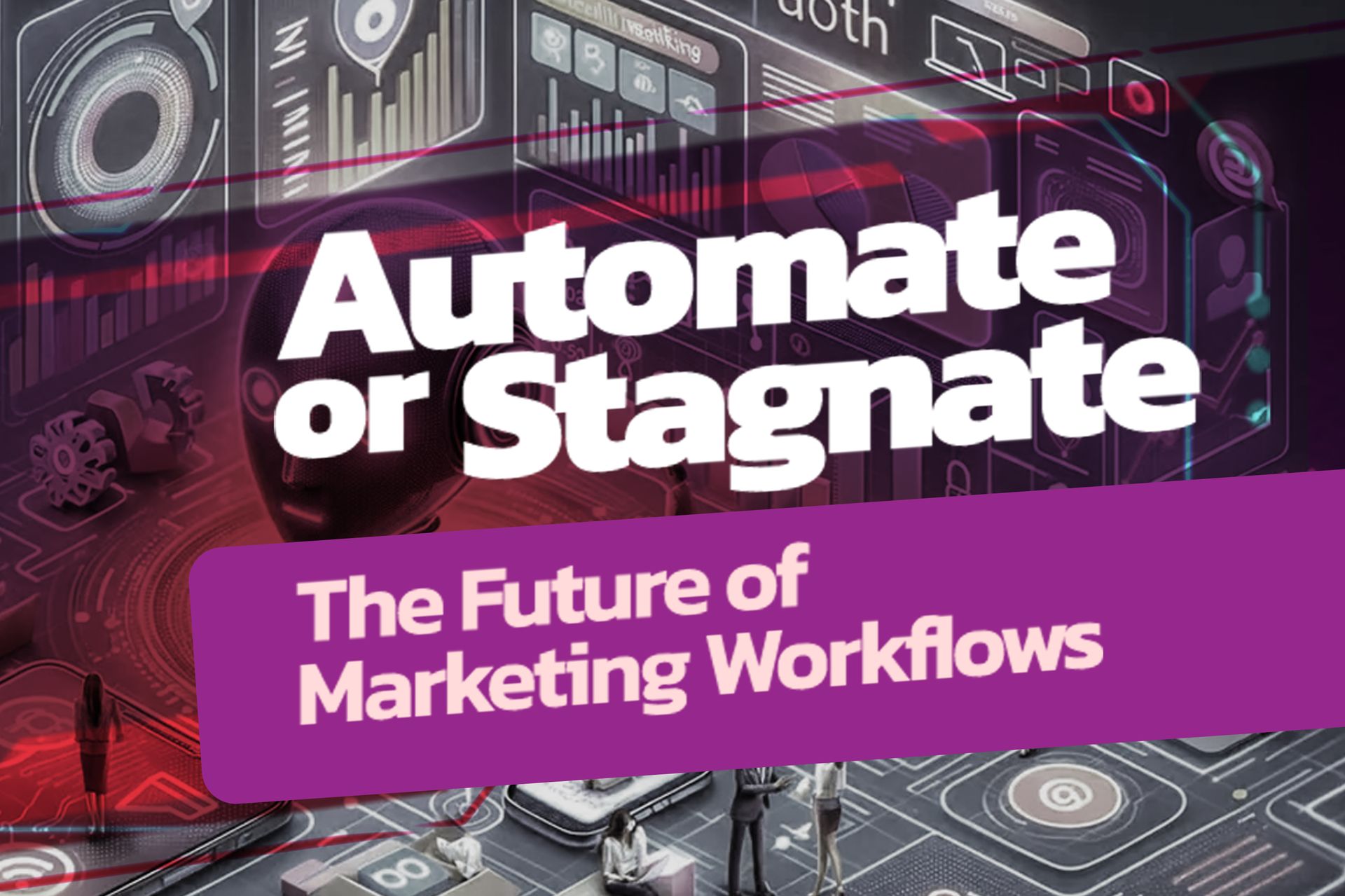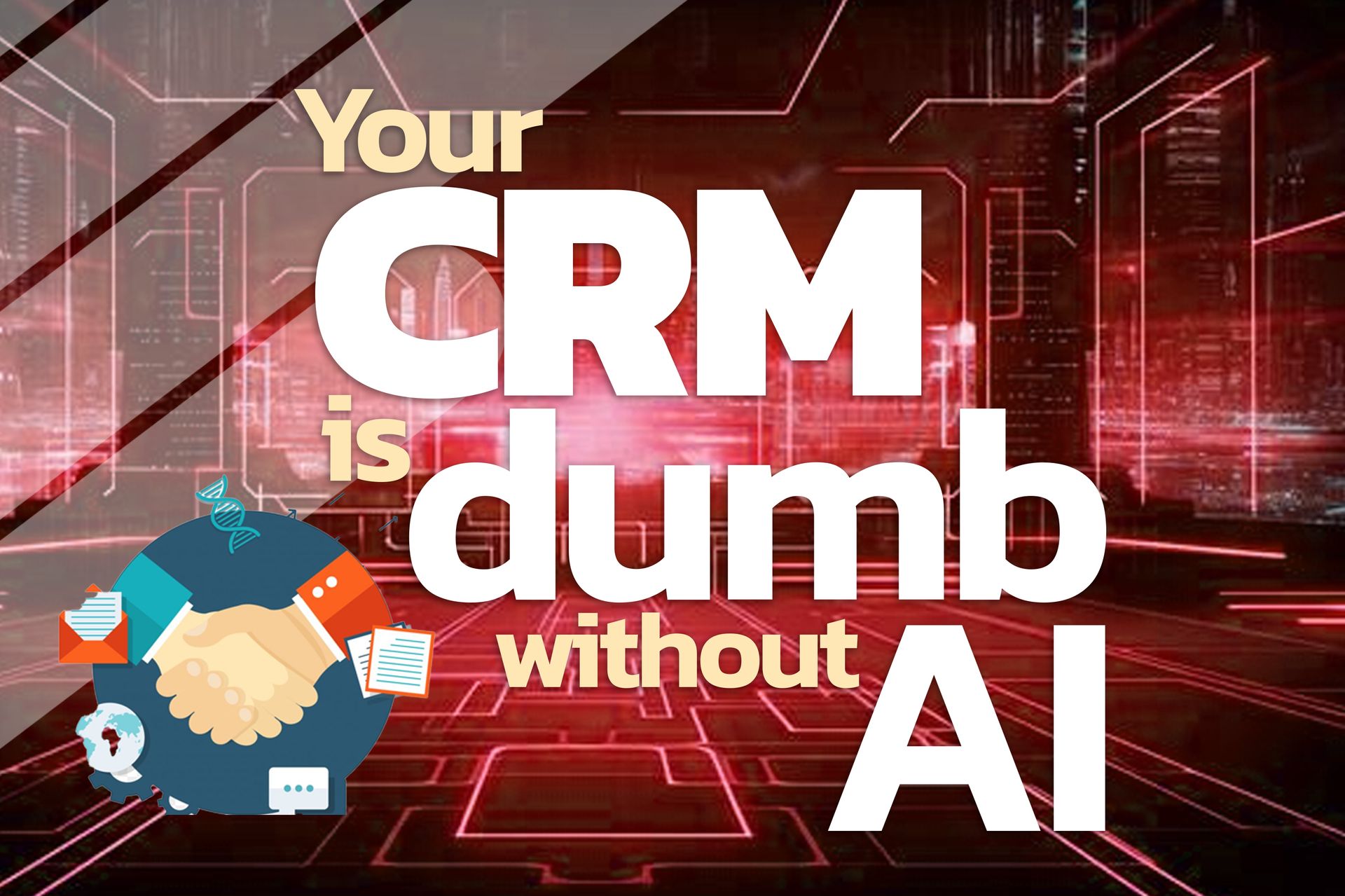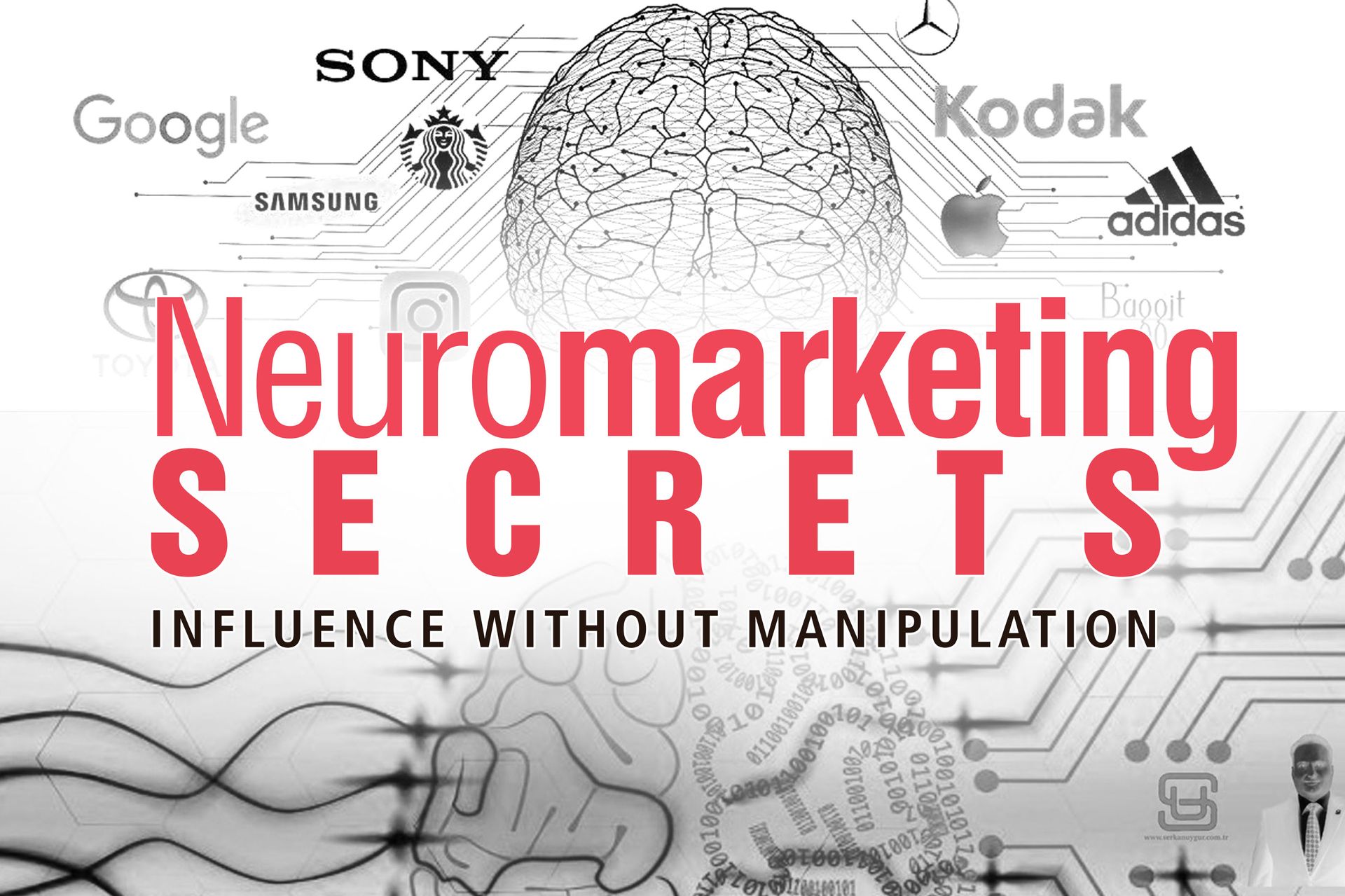Should I Get Vaccinated
Zack Greenfield • May 16, 2021
Today we're doing a special video on the ultimate question that it's floating around with everybody right now, and that is, should I get vaccinated? Now you all know that this is a channel about marketing and I am fascinated by this whole vaccine rollout and the politics and conflicts and all this stuff around it. So, first thing I want to do to start this conversation is to just lay out some facts. And if you need to, you could fact check me since that's a thing as well this year, but I pulled, the census data that's been taken and, you know, reliable news sites that are reporting that core data. So I think we're good on numbers here as of may, which is this time that we're shooting this video.
The state with the most vaccinations is Vermont at 62%. And the state with the lowest vaccinations is Mississippi sitting at 32%. Now let me back up the conversation a little bit and say that part of the reason I'm fascinated by this whole thing from a marketing standpoint is there was clearly the ultimate need for this product. So like if you're going to come to market with any product, and there was, I mean, literally people dying because they didn't have it, which is the case here. Um, or just some other like massive pent up demand as a product development person, you know, as a, and doing the marketing, kind of getting ready for launch day, if you will. I mean, if you kind of put this into traditional, you know, sort of product rollout stuff, you'd be like sitting there thinking, Oh, I'm sitting on a goldmine.
You know, this thing is going to explode. It's going to be amazing. Everybody's going to want one. It's going to solve this problem immediately. And we've got the answer and we're the only people that are going to roll it out. And to see that, I mean, think about it. Let's, let's just put it this way. Mostly these vaccinations are free, right? For Americans and, and in many other countries they're free, but let's just talk about the United States. So vaccinations are basically free. So there's no cost. They solve a really important problem, which is you could die or somebody you love or no could die, or anyone in your community could die. So there's, there was like a real demonstrating problem. The vaccine, you know, is actually been shown now to solve that problem. Death rates are going down and all these other good numbers are part of this conversation.
And I don't think there's any dispute about the fact that it's being it's effective. In fact, we're now in stage three clinical trials for a few of these and the Pfizer and Madonna, Madonna vaccinations have proven to be 95% effective. Now I'm only saying that, not because I want to get all science-y here, but because if you were selling a product, if you were developing a product and you could be sure through three stage three clinical trials, which, you know, irregular product doesn't even go through that kind of rigorous testing, that your product was 95% going to solve the buyer's problem. Again, you would just be like, dude, our stuff is amazing. It's 95% perfect. And it solves 95% of our buyers are going to be satisfied. You know, we're going to kill it. And everybody needs one because everybody is having this problem, right.
We all collectively experienced the pandemic and the COVID. I mean, we all, I mean, Frank, I know people that died. I don't know if you did, but I mean, a lot of people know people that were affected to this by this, in the worst possible way. I also know people that almost lost their businesses or lost their jobs. I know people that had trouble hanging out of their homes. I know people that, um, you know, also were on the other side of it where their business exploded and they did really well during the pandemic. So I know there without question, everybody was affected. So it's not like there's an awareness campaign you have to do. So you're launching this product. Everybody's aware that the problem exists and you've got a product that is shown to be 95% effective at solving the problem. Now on this channel, I'm always talking to you about we're in the business of solving problems for other people.
You have your specialty. I have my specialty and these guys have their specialty, which is making vaccinations. And they've got some pretty good ones here that can solve this problem. So if you knew when you were making a product or you're developing a service that you are going to come to market at 95% effective at solving your buyers problems, you would be very confident. Now, the other thing is you would be really confident if everybody knew and needed the product you were coming out with, like everybody knew about the problem. They didn't, you didn't have to like tell them like, Hey, this sandwich bags makes packing lunches faster in the morning for your kids. Like people like, well, I didn't even know I had that problem. You know, it's like, you don't even have to explain that part. You don't have to do awareness. Everybody's aware you've got really good data that shows your product is good.
Probably some of the best ad in the world in terms of product development and get this, you basically have unlimited resources to market and deploy and distribute your product. And here's the numbers. $1 billion was spent by Pfizer to develop their vaccine. AstraZeneca took in 1.2 billion in prepaid upfront funding to develop their vaccine. Johnson and Johnson took a billion dollars upfront to develop their vaccine and get it out the door. And Moderna took in 955 million. So I just scratch math one, two, three, I'm at $4.1 billion to, to, to get this product to market. Does that anybody know? I mean, what is that like the cost of developing three new cars, ours are like, what what's it take to develop a new Tesla, 1,000,000,500 million in product development, like w literally more resources and more money to me than almost any other expensive high ticket, you know, significant product launch then than you could possibly imagine, like unlimited resources.
Right. And you had the loudest voices in the world, right? So you had our previous president, Donald Trump who was, um, talking to operation warp speed. And he was signing and signing these big checks to these companies and securing vaccinations for the UK. Yes. And, um, making sure that we're all going to be okay and, you know, Congress and the house, or re you know, all the funding and everything too, this product to market, literally billions of dollars and the loudest voices on the news and everywhere else. So everybody's talking about it, right? But then you have Mississippi only 32% of the people want to buy the product. I mean, that's, that's the numbers today. 32% of Mississippi residents are willing to buy this product. Yet a hundred percent of Mississippi residents were affected by the pandemic. They had closures, restaurant closures, um, you know, all sorts of economic issues.
They're not a very wealthy state. There are state of lower education. There are state of primarily Republicans, which is interesting. The part that, again, I'm puzzled with all of this is Mississippi is a Republican state. They voted Republican in the last election for an ex president who literally started to coordinate this entire Bolty billion dollar product launch. And they cheered him up, but they don't want to buy the product, even though they participated and support the CEO. If you will, the president who was coordinating and taking credit for this massive effort, they don't actually want the product. That's really odd. So that part is confusing to me. Then you look at Vermont, which has a 62% adoption rate is a completely different type of demographic is a mostly white, mostly older, mostly college educated state, kind of from a demographic standpoint, the opposite of Mississippi.
These are the two outer boundaries of this data pool that we're looking at, but Vermont is a democratic state and they actually voted for Biden, you know, our new president in the last election. So they theoretically weren't supporting Donald Trump and operation work speed and all these billions dollars yet they, by majority 62% of the folks in Vermont are buying the product. So I'm like, as a marketer sitting here going, what in that is happening with all this, this doesn't play by any of the rules that, that, you would, you know, subscribe to if you're putting something out in the private sector. So to say, so, I'm, I'm thinking that this is the most interesting marketing study from a product launch standpoint, it's got so many, you know, different threads to it because of the political nature of it. And then the health and wellness and the impact on everybody's lives.
And yet it doesn't seem to play by the normal rules, even though theoretically, from a core value standpoint, it should, we had a gigantic problem. We have an awesome solution. Why aren't people buying the solution? Let me frame it up a different way. Everybody needs to go somewhere, right? As part of their daily lives, most people do. They got to go to work. They got to pick stuff up. They got to go to the grocery store. Americans are on the go. I don't think we need to argue with that. Right. What if I said to you right now that everybody has a problem where they need to go somewhere. So we all know that everybody wants to go somewhere. What if we were giving away cars today to everybody that wanted to get one, because it's very much the same with this vaccine. We're actually giving them away to everybody that wants to go in, in fact, here in Arizona, you can just go right now and just get one.
You don't need to show any special, anything just that you're a local person, that's it. Um, and that you're of age. So, but if we were giving away cars, wouldn't everybody say, yes, I want the car. And here's, what's really interesting about that. I mean, I mean, maybe they wouldn't, maybe only 32% of people in Mississippi would want a car if we were giving them away, or maybe it's the other way around. Maybe people in Vermont would be not up for that. I don't know. But, but again, it's like, everybody has the problem. Everybody's aware of a problem like that. Like transportation needs is a sort of universal problem. Many companies try to solve it. Uber, Lyft, Tesla, a lot of scooter companies. I mean, there's tons of people that are aggregated around that problem. Right. But there's nobody giving away transportation right now. So what would happen if we just gave away cars?
I mean, would everybody sign up? I think probably everybody would, especially if you didn't have a car and even if you were going to get a second car, you might say, yeah, I'm in for that, but is there really any difference? And here's the thing that might be different perceived value. Somebody thinks of a car is expensive, but somebody doesn't think of vaccines necessarily as expensive. And in fact, most of these vaccines right now have been bought well, the Johnson Johnson, one, which isn't quite as effective. According to my research, it is 66% effective in clinical trials. Currently it's quite a bit cheaper for $10. So for $10 you get less effectiveness at $19 and 50 cents or $15 for Pfizer and Madonna, Madonna being at 15, you go to 95% effective. So actually if you pay more, you get a better product. In the case of these vaccines.
That's what shown to be true. As of May 15th today now, um, people perceive cars as valuable. So they run down to get them maybe because there are 20 or $30,000 or whatever the cost of, you know, sort of the average car is now, but is this vaccine just, there's no perceived value for that? What's the price on that? I mean, it's far more than $19, like a loss of life. I mean, and then as far more worth, far, far more value than the price of a car, but there's some sort of perceived value with that. I think that's part of this hesitancy that people are don't value the effect. Like they would value somebody giving them a car, but it like, look, if you were given this vaccine, which we're almost all eligible for now, depending on where you live and that gave you your life, when you go and get it, I mean, isn't that worth more than a free car?
I mean, I think it is. I mean, you won't even be able to drive the car if you didn't have your life. So it's kind of like, you really need that. So I'm again trying to uncover the workings of this thing and why there's this, what they call, um, vaccination hesitancy the long and short of it though. And the data without question shows today that younger folks and Republicans have the highest level of vaccine hesitancy. And then you go down from there based on education level, the less educated you are, the higher, your level of vaccine hesitancy is now where that gets into our marketing messaging and things we've talked about in advertising and stuff is that, that, and I'm gonna quote right here, um, health officials, ad health advocates, and polling indicates that vaccine misinformation and a lack of access. So, you know, it's hard to get, it are the key reasons behind, differences between white, black, Hispanic, and vaccination rates in different demographic areas, vaccine misinformation.
That's what they're starting to uncover is one of the biggest problems. So where's this misinformation is what I'm wondering, because as far as I can tell the official channels, if you will like the, you know, the president's office, Congress, the CDC guys like Anthony Fowchee, I mean these smart, official folks that were all voted for or paid for to, you know, guide us and protect us and do all these things. Those guys are all including our prior president who launched this vaccination program, they all are, the message is pretty clear. Everybody gets the vaccine, that pandemic goes away. Life goes back to normal. I think that's something we all want, right? So, and we all are having went through this problem together and there's a solution on the table, but yet there's some sort of misinformation here. I'm also trying to undercover. Where's that coming from?
Where is the misinformation? Where's the source of that? Cause I don't see it on the regular news and I don't see it in the marketing for these, the marketing material. The information on these vaccines tells me phase three clinical trials shows 95% efficiency. And to be fair, there were some folks that had complications. I did a little bit of work on that as well. It turns out that you are far more likely to get eaten by a shark than have a complication with one of these vaccines. And you are something like a hundred times more likely to go get hurt, just driving your car today. Cause one in 130 of us here in the United States will, are likely to die from a car accident, which is a ridiculously scary number. Um, but you're like one in several million to have complications with the vaccine, one of these vaccines specifically.
So those numbers don't make any sense. We're all going to drive today, even though it's very dangerous comparative to getting a vaccine, we're all going to go to the beach and go swimming and not think about shark attacks, but you're a far more likely to get attacked by a shark this summer. Then you are to have a problem with one of these vaccines. Yet this misinformation exists and folks are scared or hesitant or concerned about safety. Perhaps is the only thing that I could think would motivate them to continue to put themselves at risk and their loved ones at risk of contracting this disease and having it really turned into something terrible for their family. So, but they will continue to take these other risks that they've clearly become accustomed to, or are, you know, they have a false sense of control. Like you drive your car, you feel like you're in control.
Well, I call on that because somebody can just T-bone you, which is exactly what happens all the time. And people die all the time in their cars at a far greater rate than anybody ever dies from any vaccine, let alone the ones that we're talking about today and again, but there's clearly some misinformation out there. So I will leave you with, you know, your own conclusions. The goal of this video is not to get political art pick sides. The goal of this video is to, from a marketing's view, you know, do you use our marketing eye on this is to look at, this is the biggest product launch probably in the last a hundred years, maybe longer, it's got more firepower behind it financially than probably anything that's ever been brought to market in the history of this country, billions and billions and billions of dollars, including the smartest, you know, marketing minds, scientists, you know, all of this, like, think about that.
If you were putting together a webpage, you got the best people in the world, you can quote them, they love your product, they're behind it. You know, like imagine you could put Dr. Anthony Fowchee on your website and he would say your product is great. I mean, that would be awesome, right? The guy's extremely credible. So you have all of those things. And yet in many ways, the product launches is by some measures of failure, especially amongst certain segments of the population that frankly are experiencing the problem in ways that are almost worse than the folks that are easily adopting it. So some of this stuff isn't adding up, I'm going to do more on it, but I want you to know that this is a great case study for you. If you're looking at marketing and messaging and misinformation and things like that. And it's a good reason looking at this to be very precise with how you present your products and services and make sure you're controlling the narrative, which you know, and maybe that's the story here.
That's the summary of this entire story is that somebody lost control of the narrative with this thing. And that's where it went South. So for your business, control the narrative, your reputation, your service and product narrative, you know, what's being said about those things, be the dominant voice and be the positive voice for what you're offering so that you don't get into this low adoption rate, hesitancy mess, despite the fact that you might be solving an incredibly important problem for your clients and customers. So I'll leave you with that. If this was interesting or, you know, rattled some stuff for you, because I think it's, plexing to say the least, then go ahead. And I think it's a different perspective on the vaccination stuff, because I think maybe, you know, it could just be about, you know, a lot of other angles of this conversation. But to me, this is the big product launch and it fits right into what we do on this channel. So go ahead and like the video and I'll see you on the next one.





















